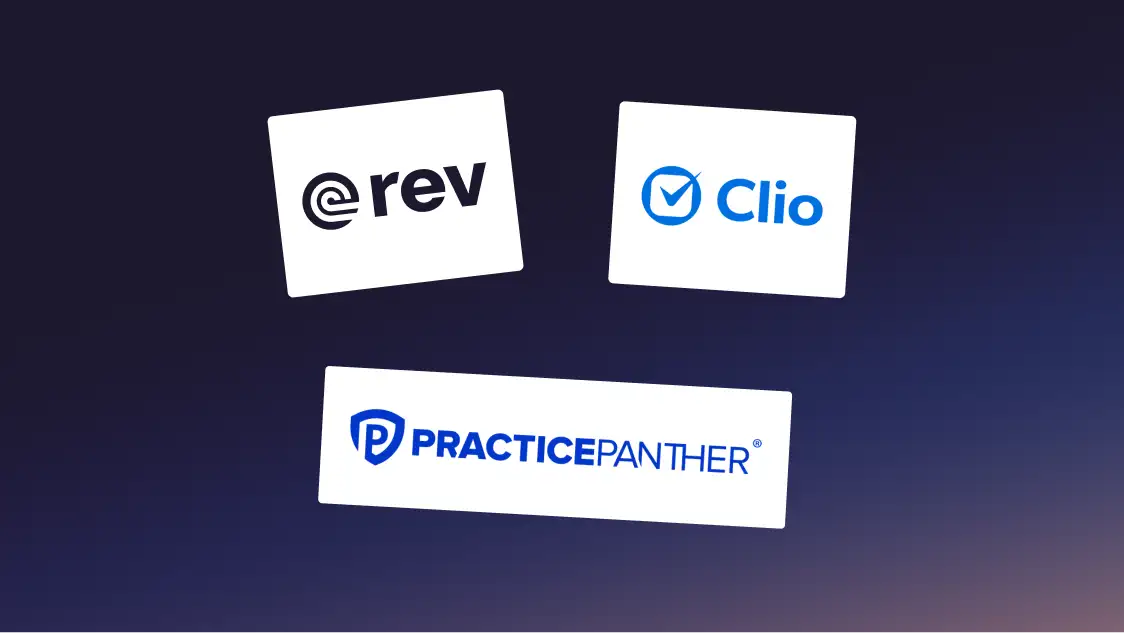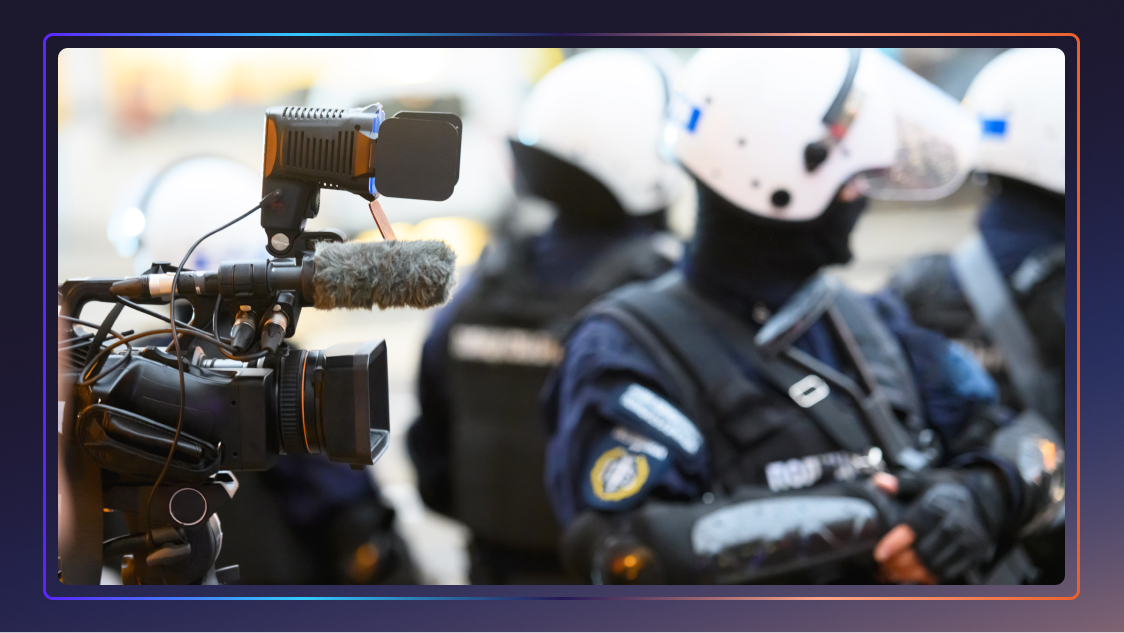Everything You Need To Know About Court Transcript Proofreading
Learn what you need to know about court transcript proofreading, what it is, how Rev can help, and how to get a job in the industry.
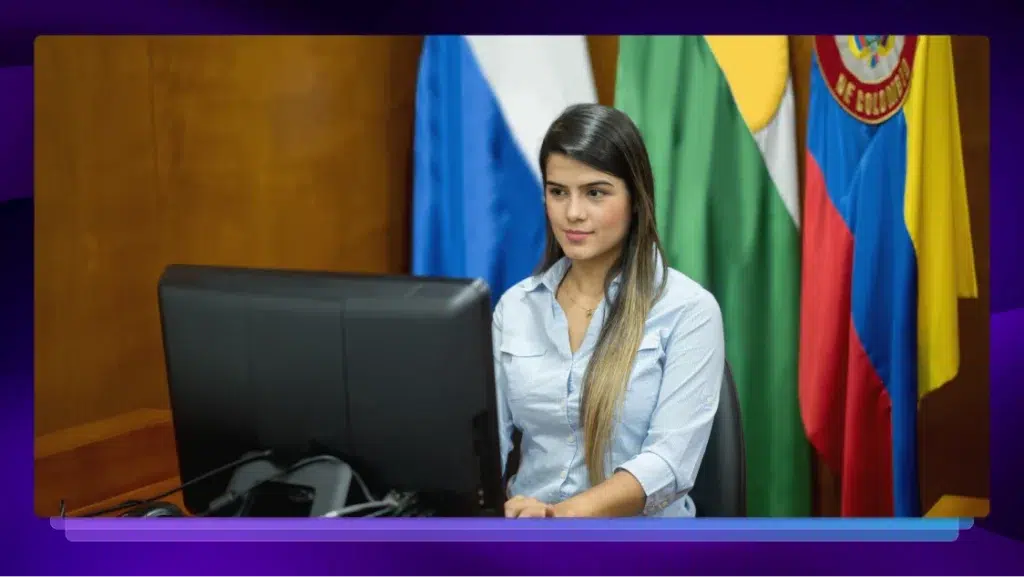
Court reporters, or stenographers, almost have superpowers. In practically an instant, they can record anything being said as it’s said, typing at up to 225 words per minute. It’s a vital service and one that needs to be accurate due to the sensitivity of the information being transcribed.
However, due to the nature of the job, mistakes are inevitable. Because of the sheer volume of transcription and the speed with which it’s transcribed, even the best court reporters will make errors. That’s where court transcript proofreading comes in.
Legal transcription comes in many forms, however. In addition to live court reporting, there are interviews, conference calls, wiretaps, 911 calls, depositions, and dozens of other interactions that must be transcribed. And like court transcription, they must all be 100% accurate. In some cases, lives might depend on the accuracy. Getting it right is just as important as getting it down.
Here’s everything else you need to know about court transcript proofreading, from what it is to how to get a job in the industry. Read on!
What Is Transcript Proofreading?
Transcript proofreading is a dedicated profession that exists exclusively to clean up court transcriptions and other legal transcripts. A legal transcript proofreader looks for and corrects errors in all manners of transcribed legal documents. They target grammatical mistakes, spelling errors, and other typos. They also pay attention to style consistency, check dates and times for accuracy, and emphasize clarity in all interactions.
Simply put, legal proofreading is the process of making sure that legal transcripts are correct in language, tone, and clarity.
It’s important to note here that we’re discussing legal proofreading here, as opposed to scoping. Scoping happens when a file directly from a stenotype machine (essentially a court reporter’s raw file) is examined for mistakes. Scoping is kind of like halfway between transcription and proofreading. The scopist isn’t typing a whole new document, but the document requires a lot more edits than a normal transcription.
Essentially, a scopist works with a court reporter’s “shorthand” and turns it into readable English. Shorthand is kind of like note-taking that uses a lot of abbreviations and sometimes even symbols to represent bigger words and ideas. Shorthand can be hard to parse for anyone other than the original note-taker, which is where a scopist comes in. Often, the scopist will use Computer-Aided Transcription (CAT) software to ease this process.
The Legal Transcription Process
Legal transcription is the process of turning recorded dialogue from a legal situation into text. Legal transcriptionists listen to audio or video recordings of trials, interviews, witness testimonies, depositions, or any other “legal” situation and turn it into a text document. This document is now an easily scannable record of events that can be searched and referenced by legal professionals without listening to hours of recordings.
The primary difference between court reporting and legal transcription is that court reporters usually transcribe live events, whereas transcription works from recorded audio. A loose rule of thumb is that if a judge is present, it’s a court reporter’s job. If not, it could likely be tackled by a transcriptionist.
Dictation is yet another wrinkle in the legal document arena. While transcription is the process of converting the spoken word into a written document, dictation is the process of speaking into a recording device or to a person who writes down what you’re saying.
However the audio was transcribed, proofreading of the transcription is almost always required for a certified transcription. After the transcription is complete, it’s uploaded to a proofreader or a service that assigns a proofreader. The proofreader then analyzes every word and corrects every error before sending it back to the source.
It’s important to note that proofreading is not editing. Proofreading requires fixing mistakes in the existing text, Editing often requires more wholesale changes like re-writing.
Benefits of Adding Proofreading to Your Workflow
A proofread legal transcript is a transcript you can trust. Adding proofreading to your legal workflow can prevent issues and complications down the road. It can also streamline the entire process by eliminating the need to redo work.
Considering the reams of legal transcripts that an attorney may have to wade through, accurate proofreading can significantly improve productivity. Additionally, legal transcript proofreading can:
- Add clarity: A legal transcript is often the only record of what was said, so making sure that it’s clear who is speaking and how it was said can prevent disputes.
- Make a document legally binding: If a legal transcription is riddled with mistakes or inconsistencies, its credibility could be called into question. Getting ahead of that saves headaches down the road.
- Provide a layer of professionalism: In a legal setting, appearances mean quite a bit. Mistakes in a legal document can have ramifications for an entire legal team.
Why Accurate Legal Transcription Is Vital
Transcript proofreading is vital for a few reasons. Most importantly, in a legal setting, it’s important that what was said is exactly what was recorded. Whether it’s witness testimony or a 911 call, getting it wrong can cause serious problems. If every detail isn’t correct, innocent people could be found guilty. Financial deals could fall through. There’s a lot riding on many legal documents!
From a process standpoint, accurate transcripts can streamline many legal situations. A lawyer doesn’t want to have to double-check facts when presenting evidence, for instance. Nor does someone want to wait to get a legal document in the mail, only to discover it’s incorrect and they’ll have to wait for the corrected version. Trustworthy transcripts put everyone’s mind at ease.
How to Become a Court Transcript Proofreader
There’s no specific path to becoming a court transcript proofreader. In addition, there’s no specific proofreader certification needed to become a proofreader. Some employers might require a certain certification for their proofreaders, but that’s on a case-by-case basis. There are a number of proofreading courses available, from online courses to actual in-person courses from prestigious universities. The requirement is at the employer’s discretion.
Many proofreaders do have a degree or background in journalism or English literature, both of which provide a set of base skills that every proofreader needs:
- Attention to detail
- Strong grasp of grammar and punctuation
- Experience with style guides
- Time management skills
If all of these skills are in your wheelhouse, it’s not too difficult to find court transcript proofreader jobs on your standard job-hunt sites. Since legal transcription isn’t live, a proofreader rarely has to be on-site, and the hours can be flexible. Many positions in the field are freelance transcription posts and can be quite lucrative, as freelance proofreaders can charge up to $40 per hour.
Traditional Proofreader vs. Legal Proofreader
The difference between a proofreader and a legal transcript proofreader is that a general proofreader’s job often is to clean up grammar and make it more “readable,” whereas a legal transcript proofreader deals with verbatim transcription. If it was said, it needs to be transcribed exactly as it was said. Proofreading transcripts for court reporters or other legal documents requires a knowledge of legal jargon and a general understanding of the court system as well.
Other Transcription Jobs
While legal transcription is a somewhat specialized area of transcription, there are transcriptionist positions available in dozens of industries, from medical transcription to academic transcription to even niche jobs like podcast transcription. The vast majority of these positions are remote or freelance positions, since you’re rarely required to be onsite for legal transcription. Most simply require attention to detail and professional typing skills.
Legal Transcription You Can Trust
Reliable, accurate legal transcription services are a must for legal professionals. Quick turnarounds for configurable, ASCII-formatted transcripts are regular needs in the field, so finding a service you can trust is important. Rev leverages our specialized pool of legal transcriptionists to deliver properly formatted transcripts on time, with unmatched scale and reliability.











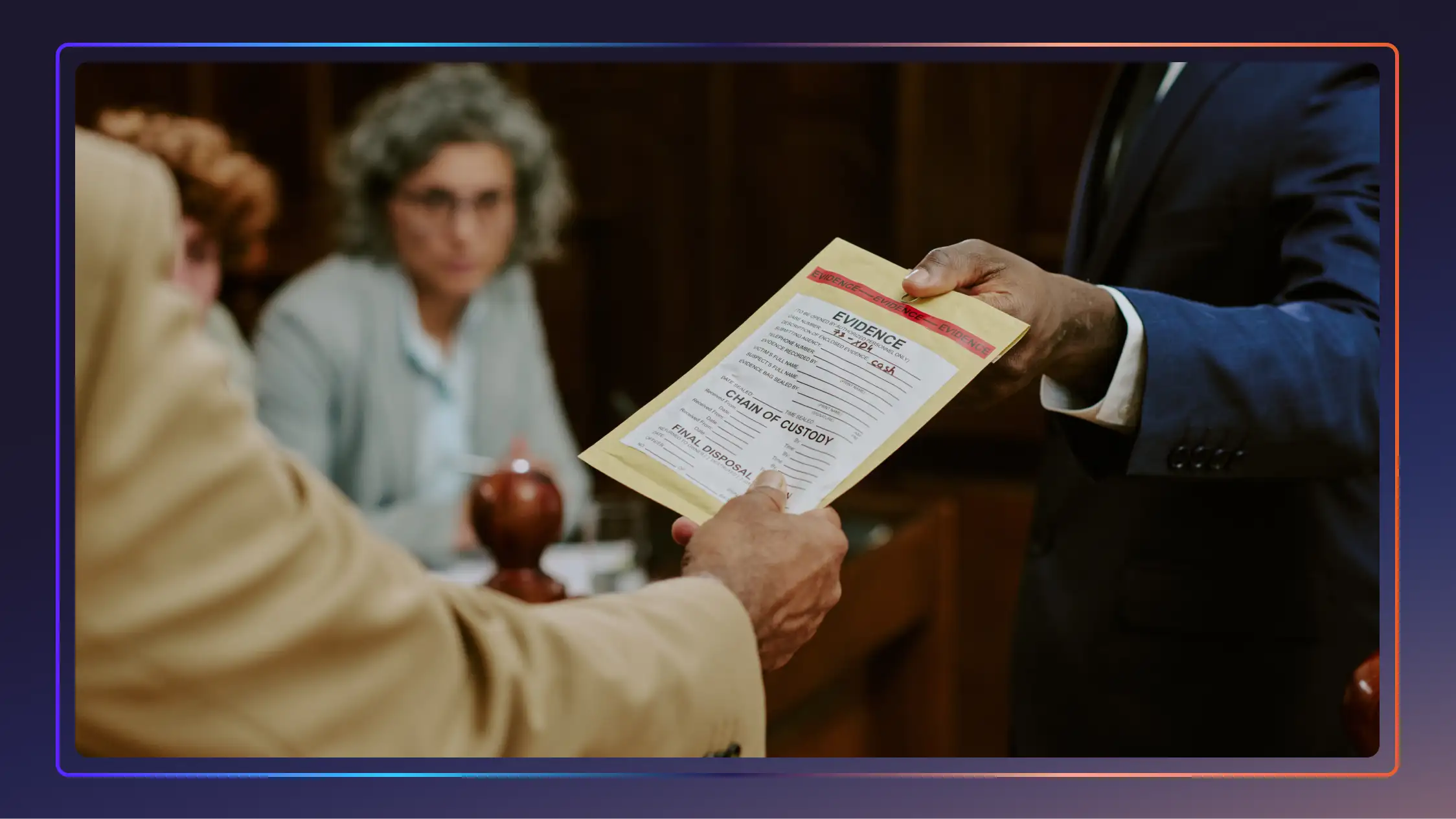
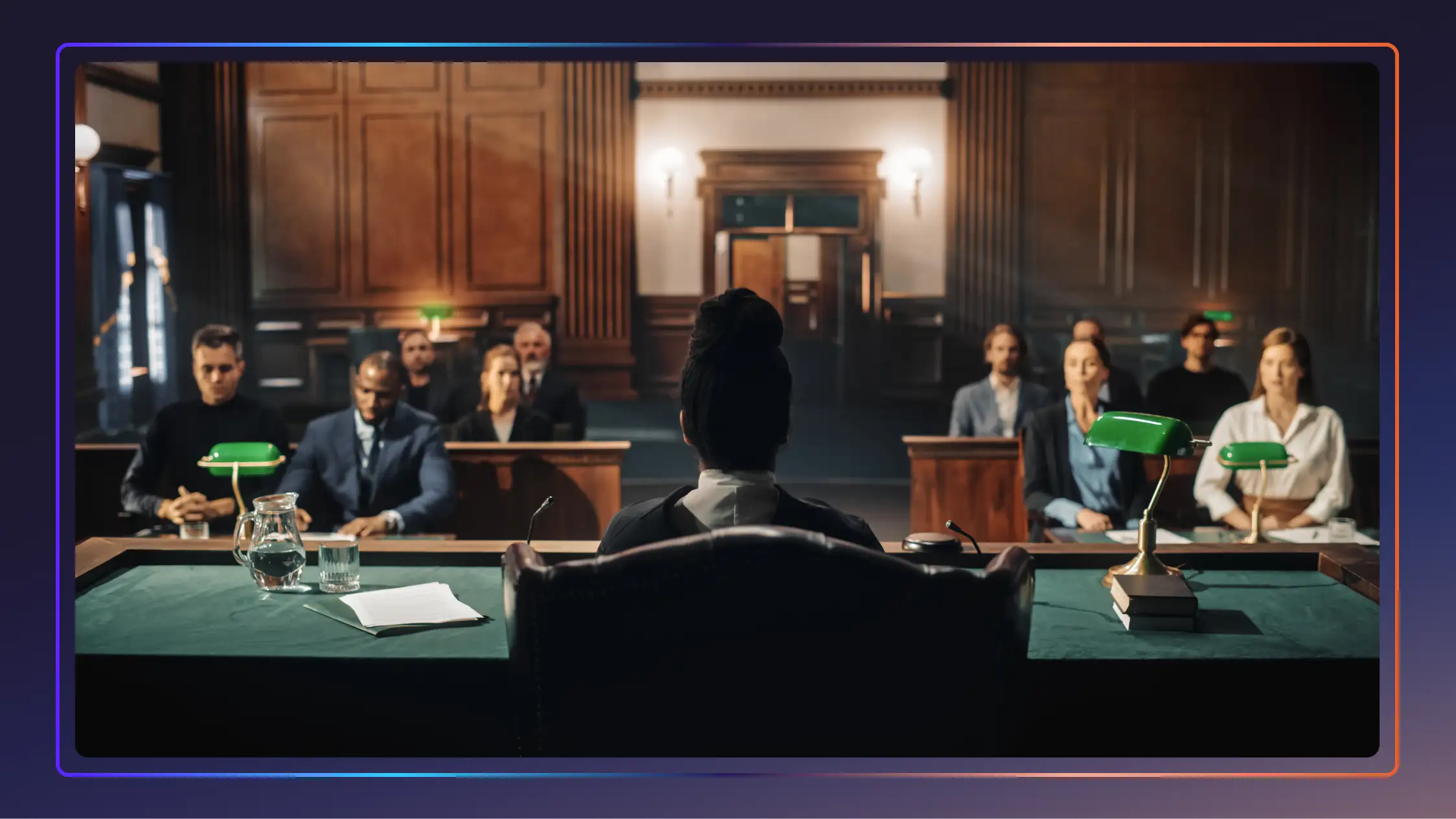
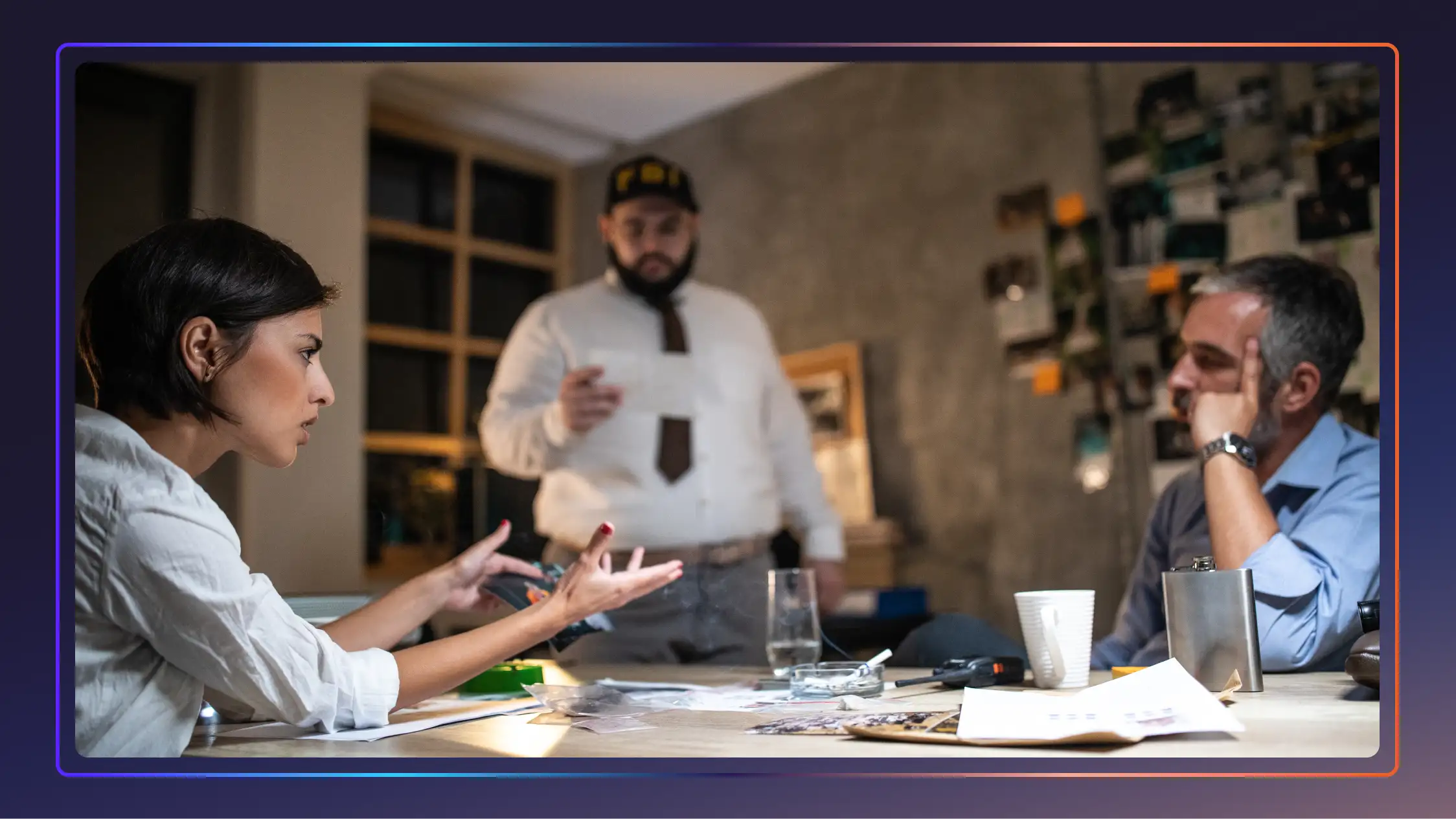
.webp)
